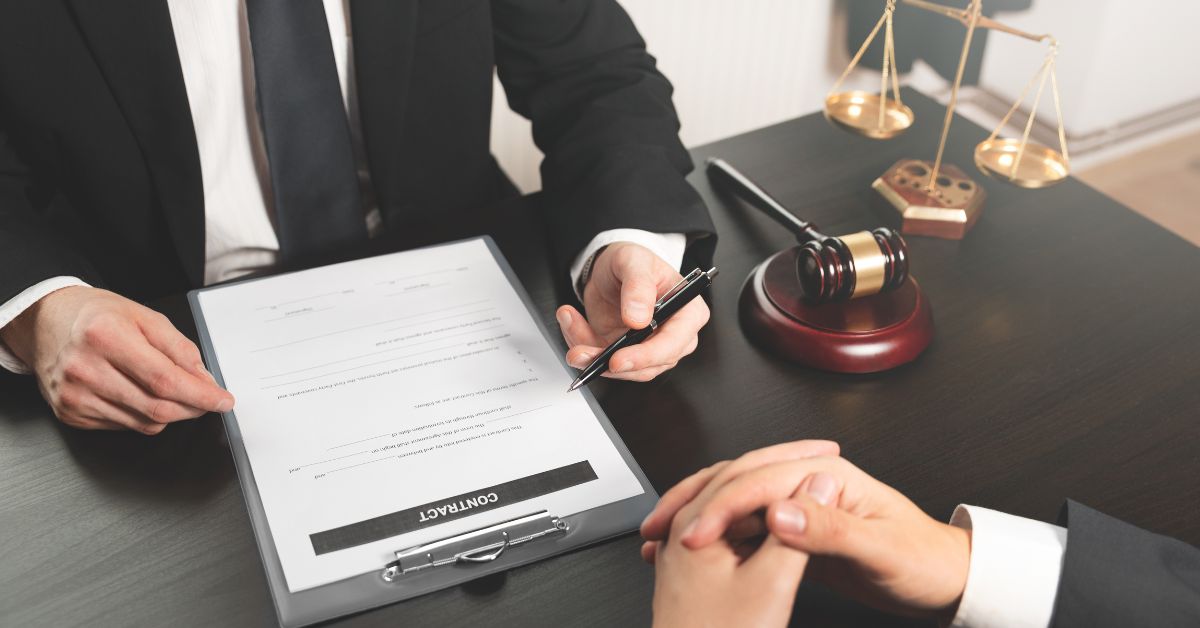If you don’t manage workplace disagreements carefully, they may easily turn into major legal problems. A lot of problems come up when people don’t communicate well, don’t understand the rules, or break the law at work. These things may influence both personnel and management, lowering morale and productivity.
A Clear Look at Problems At Work
The first step toward resolving any dispute begins with identifying the actual issue. An employment law expert plays a vital role in separating personal disagreements from legal violations. This distinction helps determine whether the matter falls under harassment, discrimination, wage concerns, or contract disputes. A structured review prevents emotional assumptions and focuses on facts supported by documentation and witness accounts.
Once the problem is defined, the next task involves assessing company policies and applicable laws. Many workplaces have procedures for complaints or grievances, but experts ensure these align with legal standards. They assess whether policies are applied evenly and without bias. This evaluation aids both sides in understanding their rights and responsibilities, allowing the process to remain fair and transparent.
The Role of Mediation in Workplace Disputes
Mediation serves as one of the most effective tools for resolving conflicts before they escalate to litigation. A neutral third party facilitates communication between the individuals involved, encouraging compromise. This process helps reduce tension and saves time compared to court proceedings. It also offers confidentiality, which many organizations value during sensitive cases.
Key Advantages of Mediation
- It promotes open discussion without assigning blame too early.
- It reduces the cost and stress compared to formal lawsuits.
- It preserves working relationships that might otherwise end abruptly.
- It allows participants to design creative solutions rather than accept rigid court orders.
Mediation focuses on understanding each side’s concerns and finding mutual respect. Lawyers or human resource specialists often recommend this approach when communication has broken down, but cooperation remains possible. Successful mediation can restore trust, ensuring future collaboration and adherence to fair practices.
Compliance Reviews and Preventive Strategies
Employment disputes often highlight weak spots within company systems. Experts conduct compliance reviews to detect gaps in recordkeeping, training, or policy enforcement. These reviews may help improve overall operations by aligning them with labor regulations. The process strengthens the organization’s legal position and promotes consistent treatment of all employees.
Regular audits, well-documented policies, and accessible complaint channels can reduce legal risks. Experts suggest updating employee handbooks to reflect recent legislation and company standards. Clear communication about expectations minimizes misunderstandings that might lead to formal claims.
Documentation and Evidence Management
In every workplace conflict, documentation provides the foundation for credibility. Emails, performance reports, and witness statements all help confirm the sequence of events. Proper recordkeeping ensures that facts support any claims made during the investigation. Without evidence, disputes can become prolonged and based on perception rather than proof.
Lawyers guide employers on how to maintain records that comply with privacy laws while still being accessible when needed. They may recommend timelines for data retention and secure methods of storage. Well-organized evidence also aids in responding to government inquiries or court requests. In essence, detailed documentation strengthens fairness and accountability throughout the process.
Communication Methods That Ease Resolution
Transparent and respectful communication may help reduce the intensity of conflicts. When disagreements arise, how messages are conveyed can influence whether a problem grows or gets resolved. Legal professionals often encourage clear explanations rather than reactive statements. This helps ensure that discussions remain focused on solutions instead of emotions.
Training supervisors and employees on professional dialogue is another important factor. Meetings that include a witness or HR representative keep the process objective. Written summaries after each discussion help confirm what was agreed upon and what steps follow next. These small but consistent actions help prevent confusion and protect both sides from further conflict.
Continuous Education and Policy Improvement
Employment law is never static. Regulations shift as social norms and workplace standards develop. Professionals who handle workplace disputes commit to continuous study to remain updated on new rulings or amendments. This ongoing learning supports more accurate advice and smoother dispute management.
Training sessions, workshops, and legal briefings encourage companies to stay proactive. These educational efforts reduce repeat incidents by teaching managers and staff about respectful communication, equal opportunity, and proper procedures. Firms that invest in legal awareness build stronger, more resilient work cultures.
An employment law expert helps translate complex legal frameworks into practical solutions that protect both employers and employees. Their structured approach emphasizes prevention, fairness, and clarity. By encouraging mediation, ensuring documentation, and promoting compliance, they may help improve workplace trust and legal stability. Disputes may never disappear completely, but with informed guidance, resolution becomes a more constructive and balanced process.

